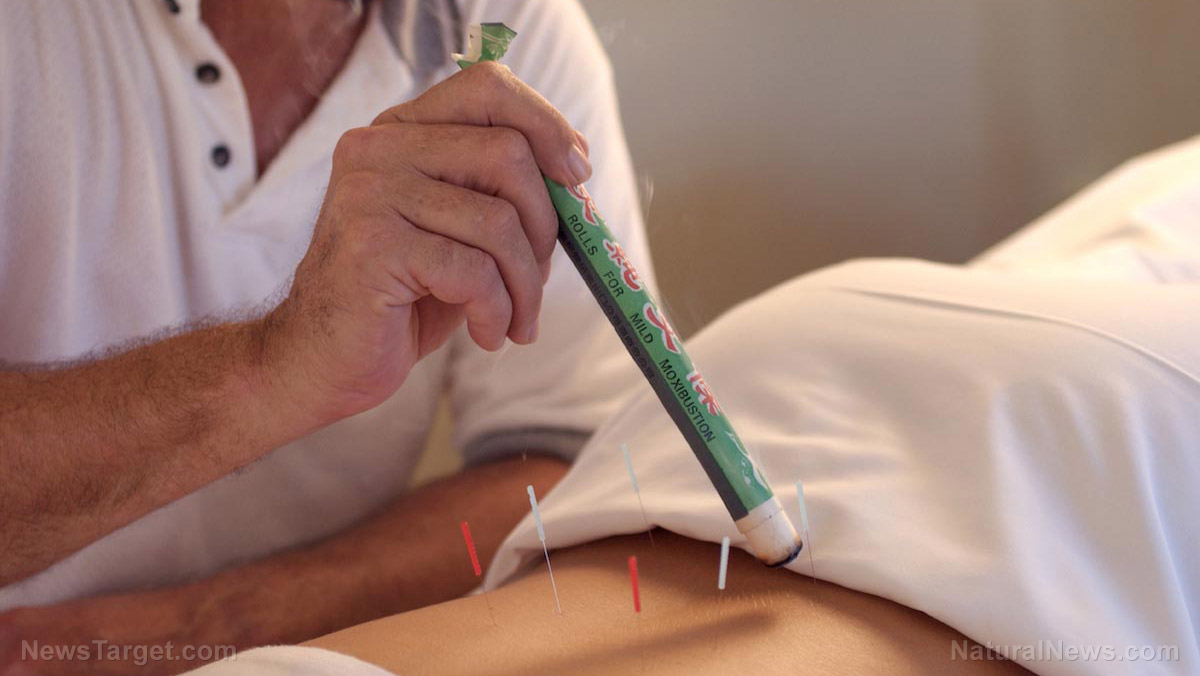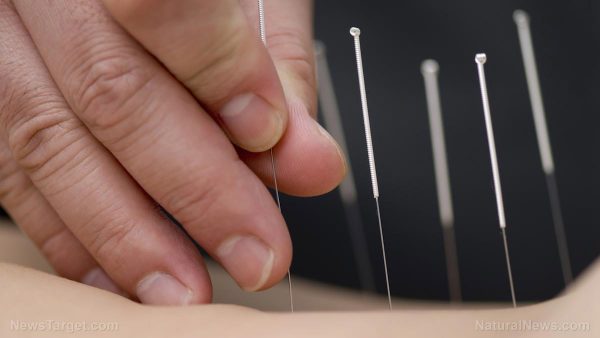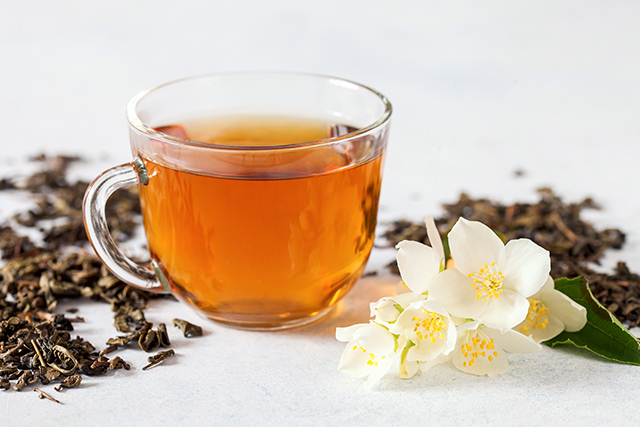TCM found to be effective at treating infertility caused by diminished ovarian reserve
03/10/2018 / By Jessica Dolores

The rise in the number of working women has delayed pregnancy and resulted in lower fertility rates. Families are getting smaller, and some women of child-bearing age are suffering from secondary infertility. They’re postponing childbirth in favor of careers.
Those who do give birth prefer are happy with just one or two children.
This is why fertility is becoming a bigger concern, especially in developed countries, whose aging populations are growing and presenting problems in health care.
Role of stress
Stress plays a big role in decreasing fertility rates. Chronic stress influences ovulation and changes signals to the hypothalamus, the center of the brain that controls hormones that make ovaries release eggs monthly. These women ovulate less regularly, thus making it difficult to plan babies during their fertile periods.
A study at the University of California San Diego found that highly-stressed women undergoing in vitro fertlization (IVF) had fewer eggs. Therefore, they end up lacking eggs needed for implantation compared to more relaxed women. But there seems to be light at the end of the tunnel. A study published in The Journal of Traditional Chinese Medicine shows that hope can come in the form of Chinese patented medicine Heyan Kuntai capsule (HYKT).
A total of 108 infertile patients from three Chinese hospitals were randomly assigned to an HYKT treatment group. These women took three to four capsules thrice a day. Another group got oral dehydroepiandrosterone (DHEA) thrice a day for three months.
Results showed that the HYKT group had an increased number of oocytes, germ cells involved in a woman’s reproduction system. The quality of oocytes in women who belonged to the group also improved. Their embryos became healthier, and pregnancy rates improved. The endometrium, the part of the uterus where implantation occurs, became more receptive.
HYKT is thus being being considered as the answer to problems of women with Diminished Ovarian Reserve (DOR).
Hope for modern women
The study gives hope to modern-day women, especially those experiencing stress from work and other sources, in their quest to have children and start a family. It also shines a ray of light on career women who are postponing childbirth and who finally want to have a child. Same thing with couples striving to have another child years after their eldest was born. After all, many first-born children long to have at least one sibling to share life with through the years.
Answers to fertility issues also have implications on a country’s economic growth. Lower fertility rates means a decline in the youth population, a rich source of manpower and a driver of economic growth. Countries with an aging population and less young people to take care of them are also experiencing problems. School enrollment and demand for housing drops. The labor force shrinks. The economy could be paying the high price of population decline.
A declining population may not be good for a people’s mental health too. There will be fewer shoulders to cry on, less friends and family to share the ups and downs of life with. Loneliness and depression may creep in more often.
This is why it’s important to improve studies about HYKT and fertility and conduct more scientific investigations on this topic. It’s just as important to find safe strategies to raise reproduction rates among modern-day women. Our future, and that of our children’s children, is at stake.
See ChineseMedicine.news for more coverage of TCM research.
Sources include:
Tagged Under: Chinese medicine, chronic stress, diminished ovarian reserve, Fertility, fertility rates, Infertility, natural medicine, reproduction, secondary infertility, stress, TCM, traditional Chinese medicine, women's health
















